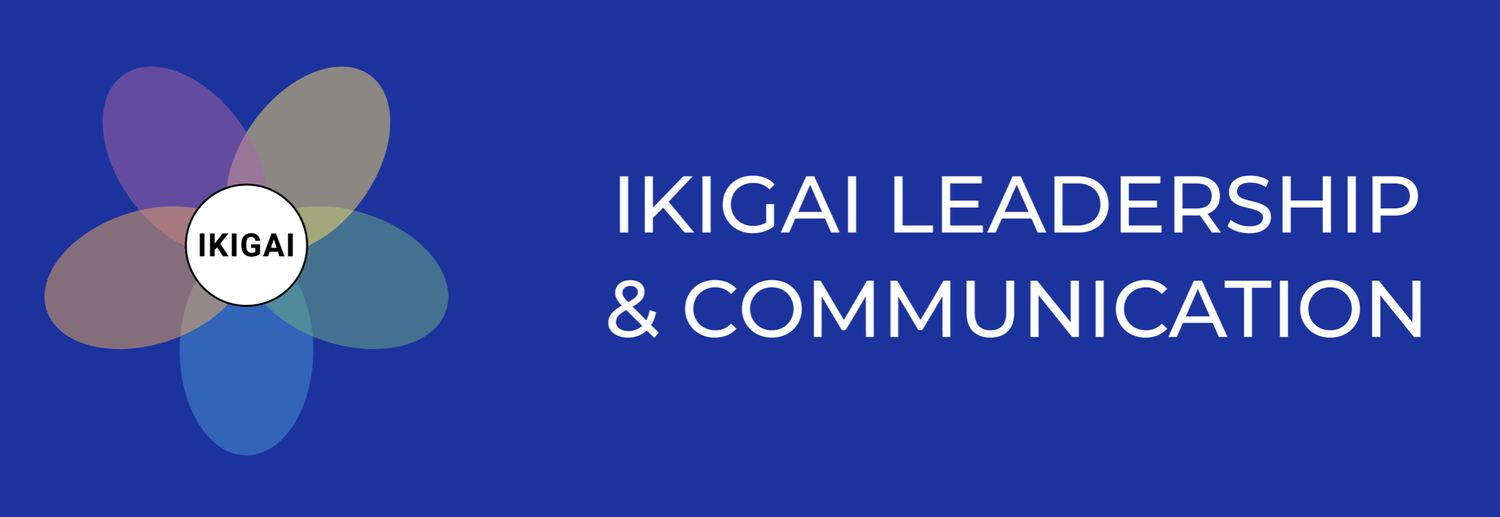Leadership vs Management
“Management is, above all, a practice where art, science, and craft meet.” - Henry Mintzberg
Management has been disparaged and reduced in importance over the past several years. A lot has been spoken and written about “be a leader, not a manager” - mostly by people who never ran a business nor successfully managed a group of people.
I believe this is terrible advice. This is destructive to being an effective leader. Such thinking cuts down a leader’s ability and effectiveness by 50%.
I don’t believe in “be a leader, not a manager.” I believe in being both, and developing skills and expertise in both.
Expert management is a vital part of being an Exceptional Leader - regardless of what the “business gurus” say about management.
Leadership without management is like a Ferrari without a driver.
Without skilled, knowledgeable, focused and people-oriented management, any business will struggle and likely fail.
Leadership and management go hand-in-glove.
It is impossible to lead effectively without some measure of management actions and skills. It is equally impossible to manage people without some leadership abilities.
A leader is an executive is a manager is a leader.
Definition of Management
Here is our definition of management:
the art, science, knowledge, skills, decisions, and actions of achieving the goals of the organization - effectively and efficiently - by skillfully directing and coordinating its people and resources; and
taking all actions necessary to apply the ingredients and elements to success, so as to produce a healthy, efficient and profitable team and organization.
The heart and soul of good and skilled management is coordination. Coordination is defined as:
the process of organizing people or groups so that they work together properly and well
harmonious functioning of parts for effective results
These definitions help guide an executive as to how best to manage for intended and desired results and outcomes.
Harmonious functioning of parts can be viewed as making sure all resources, people, goals, plans and systems are all aligned, focused and moving in the same direction.
Harmonious functioning of parts has everyone all on the same page, working together as a united, efficient team toward common goals.
End Results and Outcomes
The concept of an end result is very powerful, and is the single most important tool in management.
You must know the end results you are shooting for when you make any decision or take any action or lead others to take actions
An end result is defined as
- an outcome of a series of actions or events
- something created or produced from an action or set of actions
- a goal obtained or accomplished
- an environment or culture that is created or built
An end result is an actual thing, not a concept or an idea. (Although, it is ideas that lead to the creation of end results. End results are the product of ideas.)
An end result should be one that is intended and desired - as opposed to unintended consequences.
We don’t want unintended results or consequences.
We want to accomplish or produce or create exactly what we want - nothing more and nothing less.
This works just like setting a clear, specific goal.
By defining the exact end result you want to occur, you focus and strengthen your power, energies, imagination, intelligence - even your IQ - to achieving that end result.
Before starting any project, task or job, work out the exact end result(s) and outcome(s) you want at the end. This is the very first step, before taking any action or making any decisions.
The individual first defines an exact end result he or she wanted, and works to achieve that.
Getting a clear picture of the desired end result in mind is to be done BEFORE any action is taken or decisions made.
By defining the exact end result you want to occur first, you focus your energies, imagination, intelligence and power to achieving that end result.
A goal and a defined, intended end result have the same power and work the same way.
Always think in terms of end results.
Define the exact outcome you want - your intended, desired outcome.
Then keep this end result firmly in mind while working on that project or task, so you don’t lose sight of your destination.
Knowing your exact destination first, you can map out the best route to get there more quickly and easily.
There is a great deal more about management. Ikigai Leadership & Communication specializes in developing Exceptional Leaders and Communicators. One of the components of our leadership development is extensive training in the art and science of management. Contact us for more information about this vital part of Exceptional Leadership.

